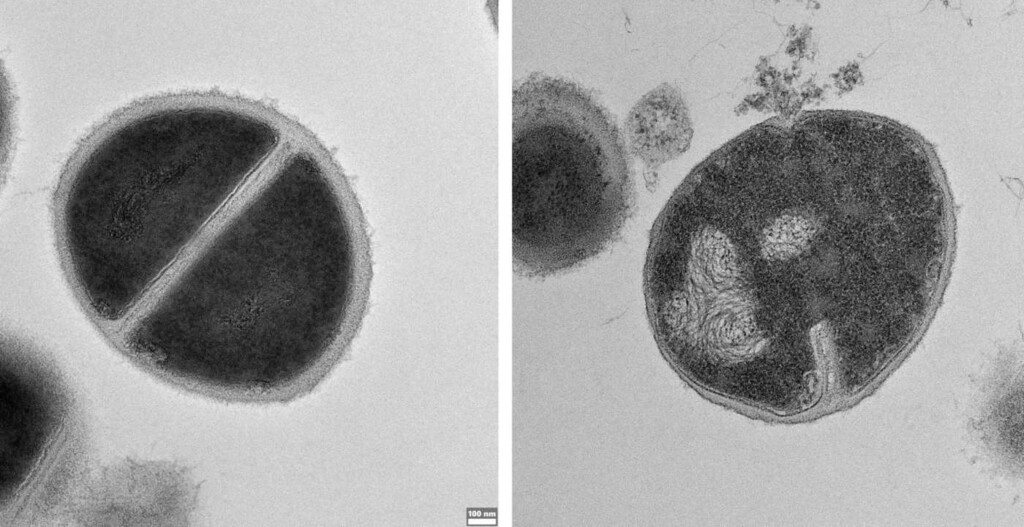New Immune System Discovery: Your Body’s Secret Weapon

In the wake of recent global events, most adults have gained a basic understanding of the human immune system. However, a groundbreaking study from Israel has uncovered a surprising and overlooked component of immunity—one that could lead to an entirely new class of antibiotics. Despite more than a century of research, scientists have now identified the proteasome, a cellular structure known for recycling damaged proteins, as a key player in the body’s defense against bacterial infections.
When bacteria like Salmonella invade a cell, the proteasome transform damaged proteins into powerful antimicrobial compounds. These compounds attack and break down the bacteria’s outer membrane, effectively neutralizing the threat. “We discovered a novel immune mechanism that helps defend against bacterial infections,” said Professor Yifat Merbl from the Weizmann Institute of Science. To test this process, researchers exposed mice with pneumonia and sepsis to the proteasome’s antimicrobial compounds. The results mirrored the effects of conventional antibiotics, while blocking proteasome function made the mice more vulnerable to infection.
Dr. Lindsey Edwards, a microbiology expert at King’s College London, highlighted the significance of this discovery, noting that since these antimicrobial compounds are naturally produced by the body, they could lead to safer, faster-developing antibiotic treatments. With antibiotic resistance posing an escalating global threat, this finding opens the door to innovative medical solutions. “In the past, we’ve searched the soil for new antibiotics,” Dr. Edwards said. “It’s remarkable to find a potential solution inside our own bodies—thanks to advances in technology that allow us to detect these mechanisms.”